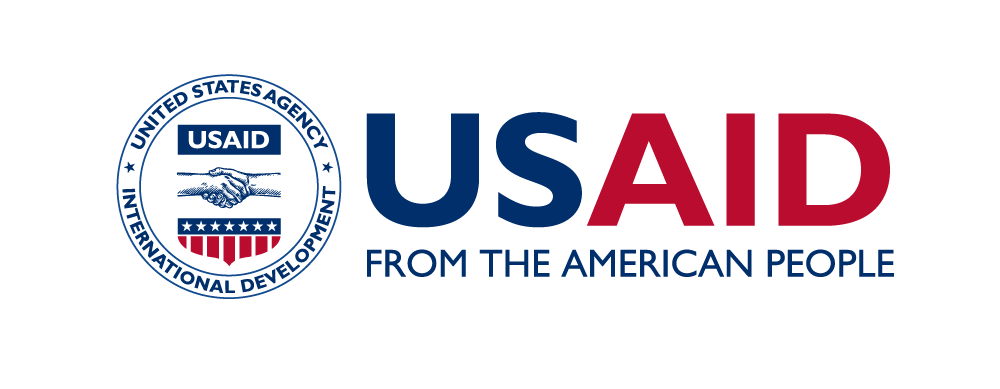As the world's largest donor of bilateral family planning assistance, USAID supports voluntary family planning and reproductive health programs in more than 30 countries.
Today, as a result of USAID’s investments in voluntary family planning and reproductive health programs, millions of women and couples around the world are able to choose the number, timing, and spacing of their pregnancies, resulting in significant social, economic, and health gains for themselves, their families and their communities.
Commitments made to:
At A Glance
Through a $15 million award over five years, subject to availability of funding, USAID will provide global leadership and state of the art family planning technical assistance to support FP2030’s goal of advancing access to contraception for millions of women and girls around the world, including in USAID priority countries.
USAID Commitment Objectives
- Increase access to and availability of family planning services and commodities for women, men, and adolescents in low-income countries.
- Strengthen health systems and build capacity of local healthcare providers to deliver quality family planning services.
- Improve the availability of a wide range of contraceptive methods and ensure consistent supply chains for reliable access.
- Promote gender equality and empower women and girls to make informed decisions about their reproductive health.
- Enhance comprehensive sexuality education and promote awareness about family planning among adolescents and youth.
- Reduce unmet need for family planning by addressing cultural, social, and economic barriers.
- Strengthen partnerships with governments, NGOs, and civil society organizations to support integrated family planning programs.
- Increase investment in research and innovation for the development of new contraceptive technologies and approaches.
- Ensure that family planning programs are sustainable, resilient, and responsive to changing needs and emergencies.
- Monitor and evaluate the impact of family planning programs to inform evidence-based decision-making and improve outcomes.
- Advocate for policy changes and support legal frameworks that protect and promote reproductive rights and access to family planning.
- Address the unique needs of marginalized populations, including refugees, internally displaced persons, and individuals in humanitarian settings.
- Support efforts to prevent and address gender-based violence and its impact on reproductive health.
- Promote access to post-abortion care and integrate family planning services into postpartum and post-abortion care programs.
- Foster cross-sectoral collaboration to integrate family planning into other development sectors, such as education, economic empowerment, and nutrition.

Become an FP2030 Partner










